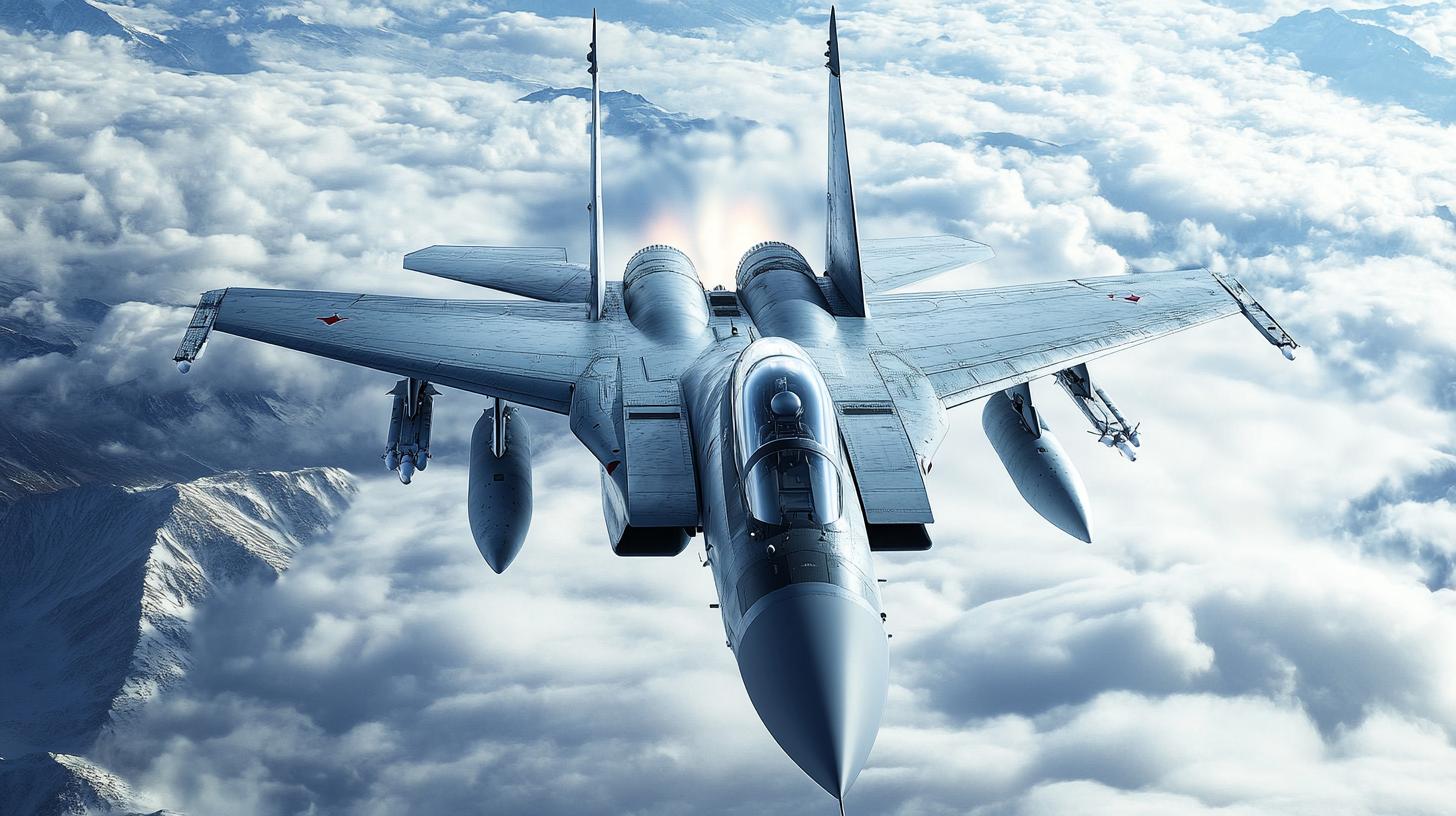The realm of military aviation is on the brink of a technological revolution, as quantum technology begins to skyrocket beyond theoretical physics and into practical applications in the skies. The incorporation of quantum computing and other related technologies in military aircraft promises unprecedented advancements in speed, stealth, and decision-making capabilities.
One of the most revolutionary aspects is the use of quantum radar, which overcomes the limitations of conventional radar systems. Quantum radar can potentially detect even stealth aircraft by exploiting entangled photons, offering a distinct advantage in maintaining air superiority. This shift towards quantum solutions ensures a more robust surveillance mechanism, enhancing national security.
Furthermore, quantum computing opens new doors for real-time data processing and encryption, enabling fighter jets to make faster and more accurate tactical decisions in combat scenarios. These cutting-edge computers can perform complex calculations that traditional systems cannot, allowing for optimal route planning, threat assessments, and rapid response to evolving situations.
Additionally, the integration of quantum sensors can enhance navigation accuracy and operational flexibility, particularly in environments where GPS systems may be unreliable. This innovation signifies a fundamental evolution in how military navigation is understood and executed.
As these technologies continue to develop, they usher in an era where the boundaries of military aviation are redefined. The fusion of quantum science with aviation not only transforms military strategy but also propels us towards a future where air dominance rides the waves of quantum precision.
Quantum Leap: How Quantum Technology in Aviation is Shaping the Future
The dawn of quantum technology in military aviation offers more than just tactical advantages; it extends its reach into the realm of civilian innovation and economic development. While quantum radar and computing have dominated discussions, there are lesser-known applications that are also set to transform aerospace.
Quantum cryptography is one such game-changer, providing unprecedented communication security. By leveraging the principles of quantum mechanics, messages can be encoded in a way that makes unauthorized interception virtually impossible. This technology not only serves military jets but could redefine cybersecurity for commercial and personal use, potentially safeguarding data against cyber threats.
Will commercial aviation soon benefit from these advancements? The answer is promising. Quantum sensors, beyond military applications, could revolutionize air traffic management by enabling superior aircraft tracking even in congested airspace. This could lead to greener aviation practices by optimizing flight paths and reducing fuel consumption.
Yet, the question remains: Are there drawbacks to this quantum leap? One significant concern is cost. The development and implementation of quantum technologies require massive investments, potentially widening the gap between technologically advanced nations and developing ones.
Moreover, the complexities of quantum mechanics mean that any disruptions, such as from atmospheric conditions, might lead to unpredicted system behavior. The industry must weigh these uncertainties carefully.
As quantum technologies continue to evolve, their integration into aviation not only promises improved strategic capabilities but also beckons a future where daily life is touched by the precision and potential of quantum advancements.
For further exploration, visit Nature and Science Magazine.







